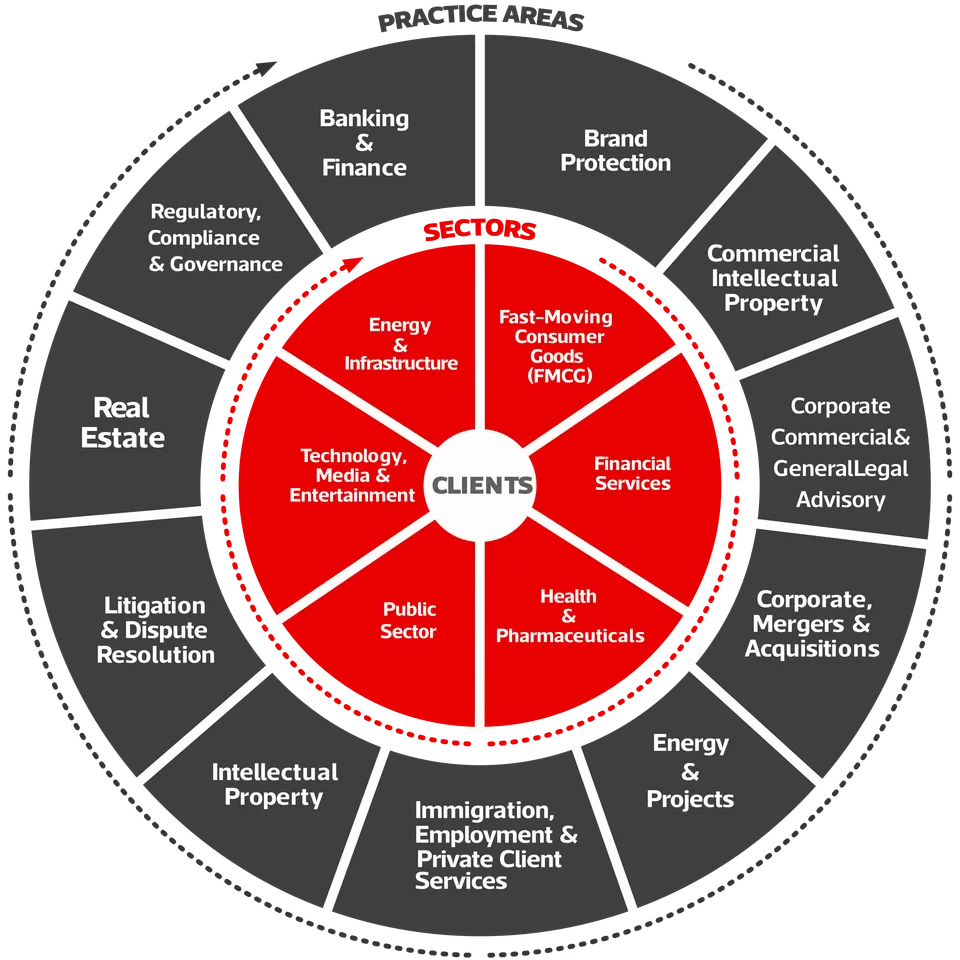The Full-Service Law Firm with Sector Expertise
We deliver outstanding legal services, powered by our exceptional people and deep sector expertise. As a pan-African firm, our market is Africa, our focus is always you.
Do more with Jackson, Etti & Edu
Founded in 1996
70+
Lawyers
35
African Jurisdictions
6
Core Sectors
11
Practice Areas
Jackson, Etti & Edu is a trailblazing full-service law firm distinguished by specialised sector expertise, seamless multi-jurisdictional reach across 35 African countries, comprehensive practice areas, client-centred tailored solutions, and a strong regional presence spanning West, South, Central, and East Africa.










Recognized Expertise
Jackson, Etti & Edu's lawyers are specialists who possess in-depth knowledge of your business and industry. We are internationally acclaimed and recommended by Chambers Global, Who's Who Legal, and The Legal 500 EMEA.
Our team comprises award-winning professionals with industry recognition and contributions to legal frameworks, participating in regional and international governmental institutions.
JEE is Africa's leading law firm, renowned for excellence and expertise.
Trusted Africa Partner
Jackson, Etti & Edu proudly serves a diverse client base, including global conglomerates, start-ups, mature companies, international institutions and agencies, government organizations, and local and international entrepreneurs.
With multi-sector expertise, we deliver tailored solutions across industries, fostering long-term relationships built on trust, expertise, and dedication.

Award-Winning Legal Counsel
Jackson, Etti & Edu provides expert legal guidance to protect and grow your Africa business. With nearly 30 years of experience serving the private and public sectors, global conglomerates, and renowned entrepreneurs.
Pan-African Expertise
Our strategic presence across Africa, with offices in key locations, empowers our lawyers to leverage legal expertise, business acumen, and economic and geopolitical insights.
Your Partner in Africa Growth
Let us help you navigate the complexities of doing business on the fastest-growing continent, ensuring your success.
Our clients think highly of us



